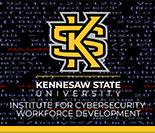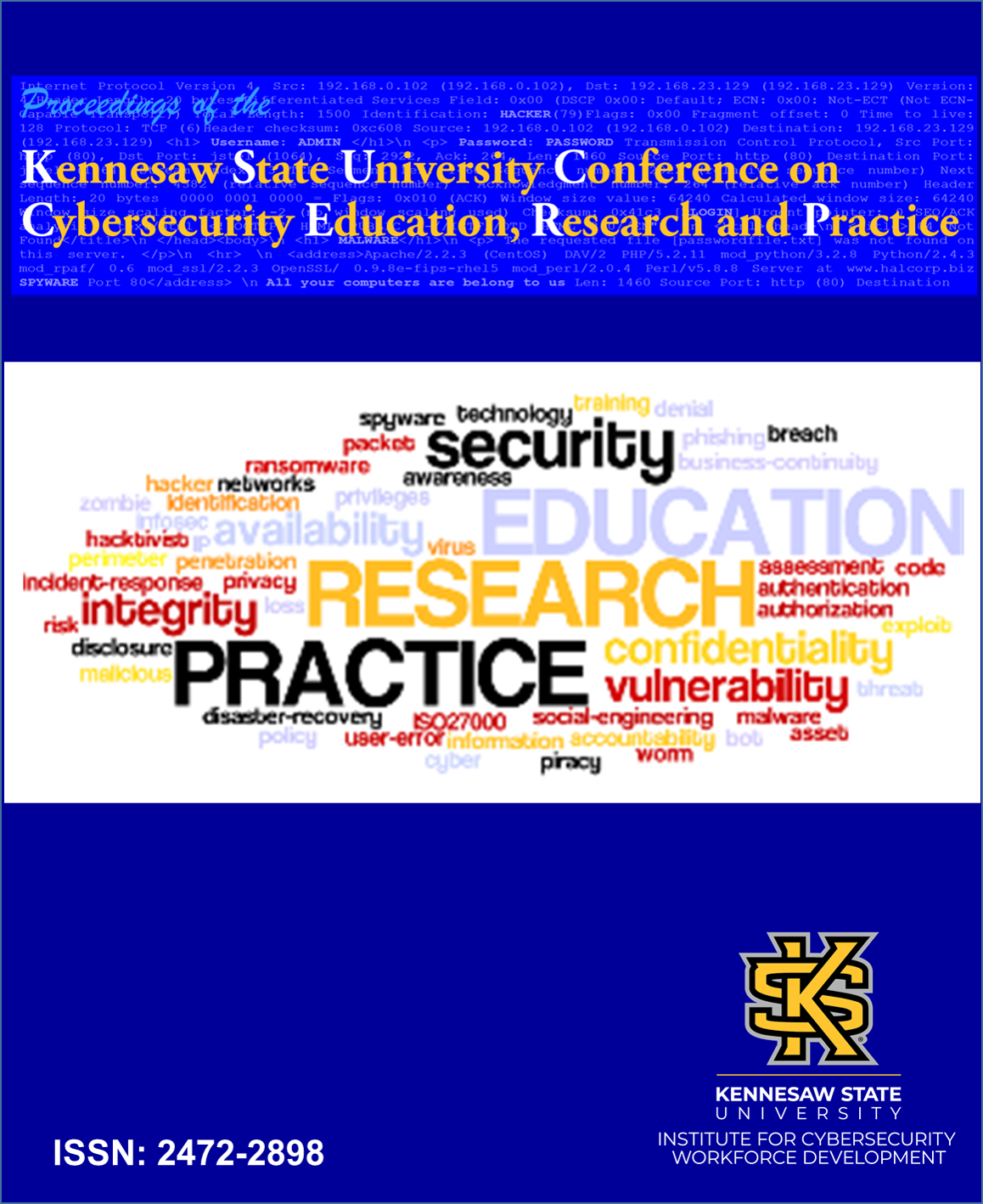Start Date
23-10-2020 1:13 PM
End Date
23-10-2020 2:00 PM
Location
Zoom Session 1 (Main Papers Track)
Abstract
Phishing continues to be a significant invasive threat to computer and mobile device users. Cybercriminals continuously develop new phishing schemes using email, and malicious search engine links to gather personal information of unsuspecting users. This information is used for financial gains through identity theft schemes or draining financial accounts of victims. Users are often distracted and fail to fully process the phishing attacks then unknowingly fall victim to the scam until much later. Users operating mobile phones and computers are likely to make judgment errors when making decisions in distracting environments due to cognitive overload. Distracted users can fail to correctly distinguish the differences between legitimate and malicious emails or search engine results. Mobile phone users can have even a harder time identifying malicious content due to the smaller screen size and the limited security features in mobile phone applications. Thus, the main goal of this work-in-progress research study is to design, develop, and validate a set of field experiments to assess users judgment when exposed to two types of simulated social engineering attacks (phishing & possibly malicious search engine results (PMSER)), based on the interaction of the kind of environment (distracting vs. non-distracting) and type of device used (mobile vs. computer). In this paper, we outlines the Delphi methodology phase that this study will take using an expert panel to validate the proposed experimental procedures and recommend further steps for the empirical testing. The conclusions, study limitations and recommendations for future research are discussed.
Keywords: Cybersecurity, social engineering, judgment error in cybersecurity, phishing email mitigation, distracting environments
Included in
Towards an Assessment of Judgment Errors in Social Engineering Attacks Due to Environment and Device Type
Zoom Session 1 (Main Papers Track)
Phishing continues to be a significant invasive threat to computer and mobile device users. Cybercriminals continuously develop new phishing schemes using email, and malicious search engine links to gather personal information of unsuspecting users. This information is used for financial gains through identity theft schemes or draining financial accounts of victims. Users are often distracted and fail to fully process the phishing attacks then unknowingly fall victim to the scam until much later. Users operating mobile phones and computers are likely to make judgment errors when making decisions in distracting environments due to cognitive overload. Distracted users can fail to correctly distinguish the differences between legitimate and malicious emails or search engine results. Mobile phone users can have even a harder time identifying malicious content due to the smaller screen size and the limited security features in mobile phone applications. Thus, the main goal of this work-in-progress research study is to design, develop, and validate a set of field experiments to assess users judgment when exposed to two types of simulated social engineering attacks (phishing & possibly malicious search engine results (PMSER)), based on the interaction of the kind of environment (distracting vs. non-distracting) and type of device used (mobile vs. computer). In this paper, we outlines the Delphi methodology phase that this study will take using an expert panel to validate the proposed experimental procedures and recommend further steps for the empirical testing. The conclusions, study limitations and recommendations for future research are discussed.
Keywords: Cybersecurity, social engineering, judgment error in cybersecurity, phishing email mitigation, distracting environments


